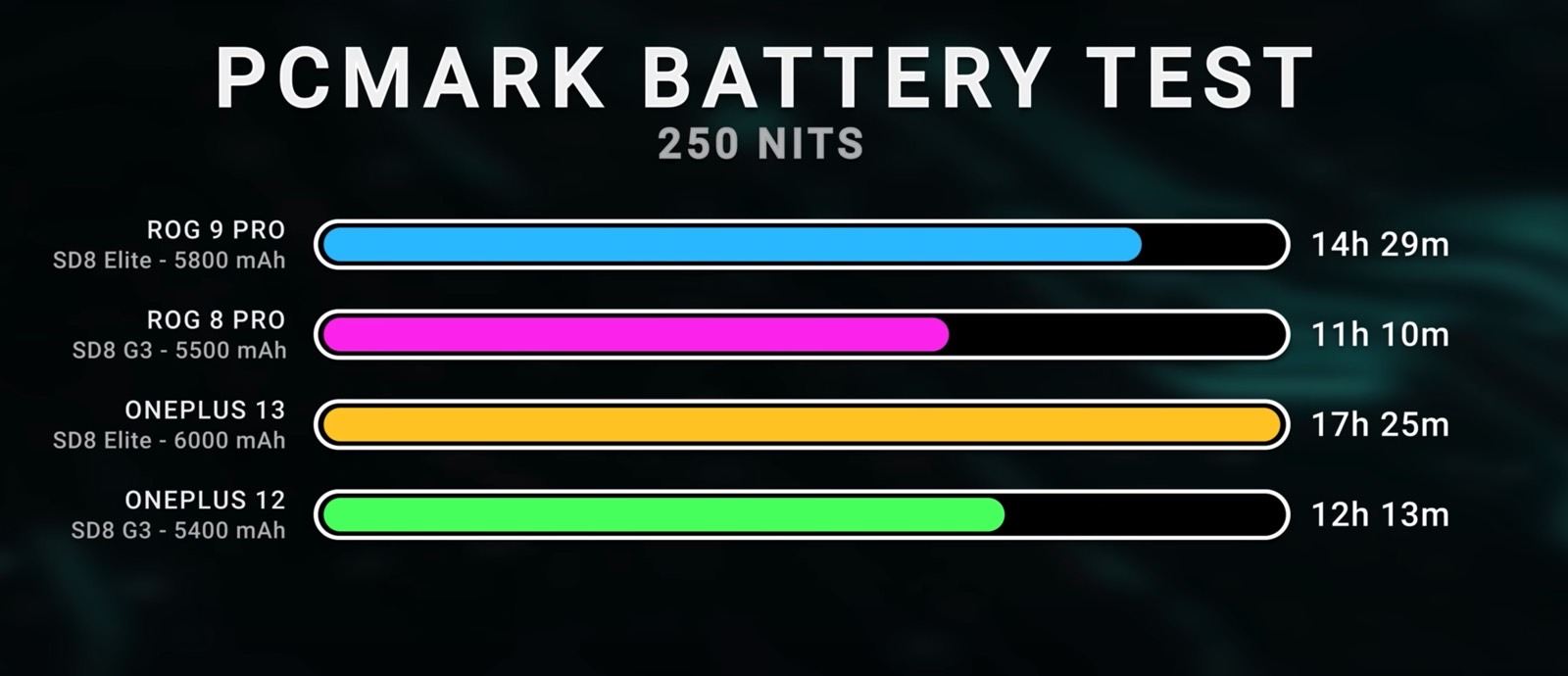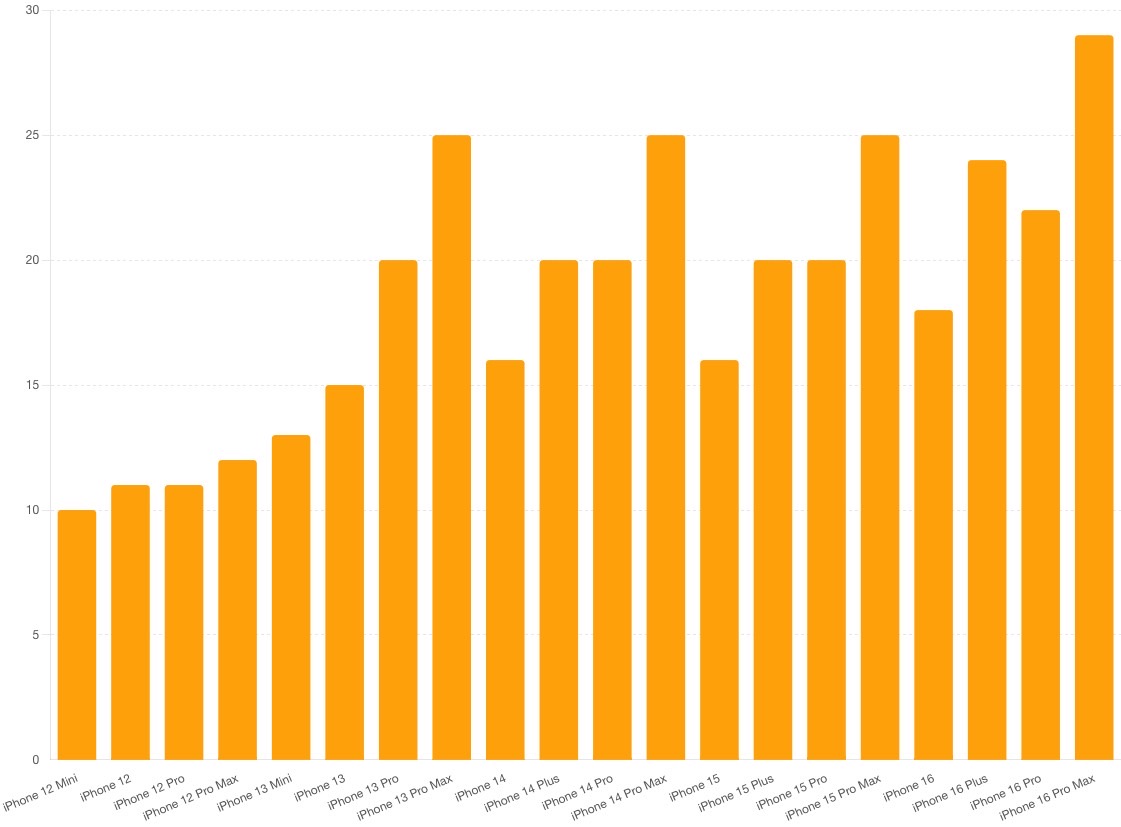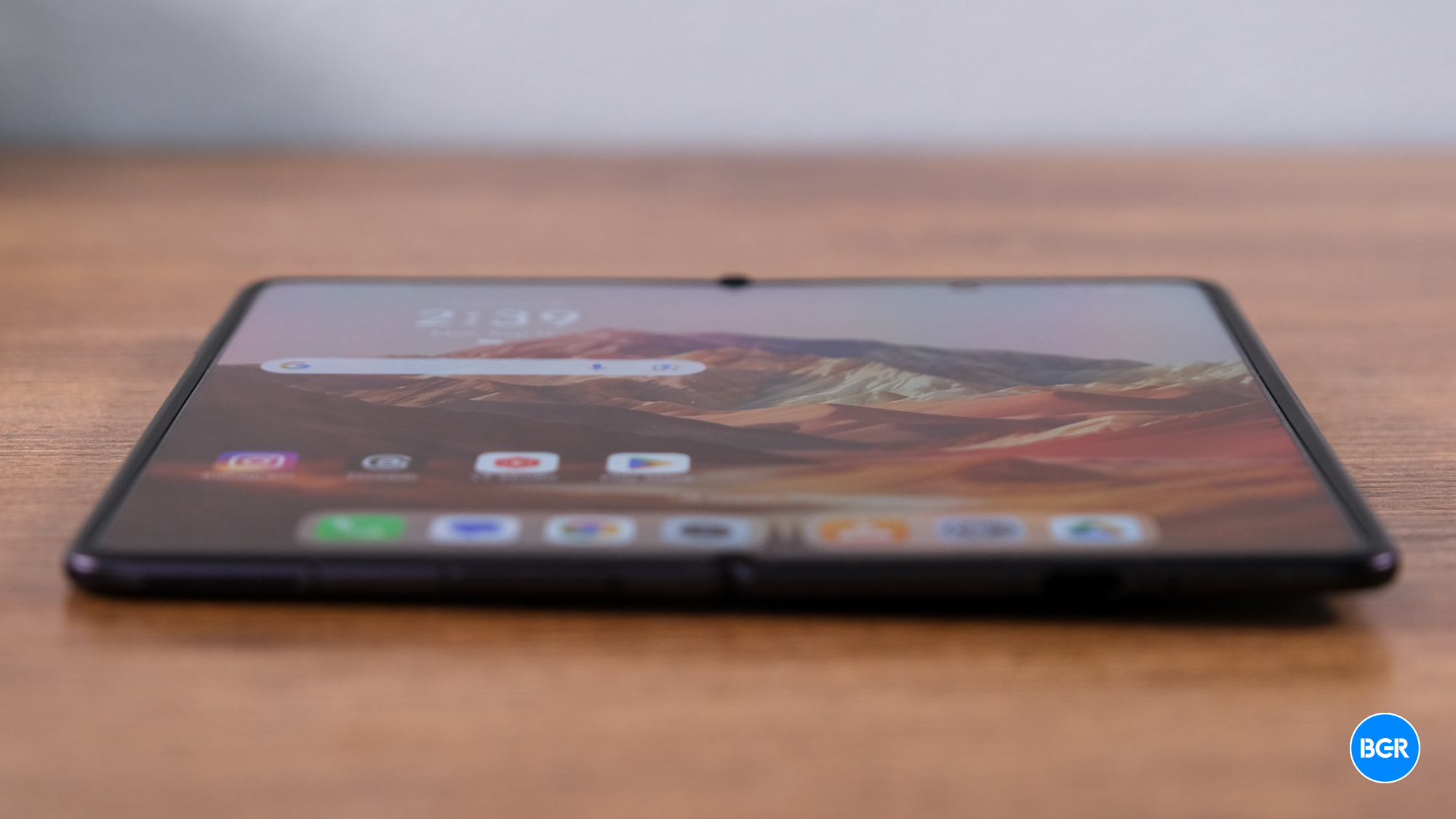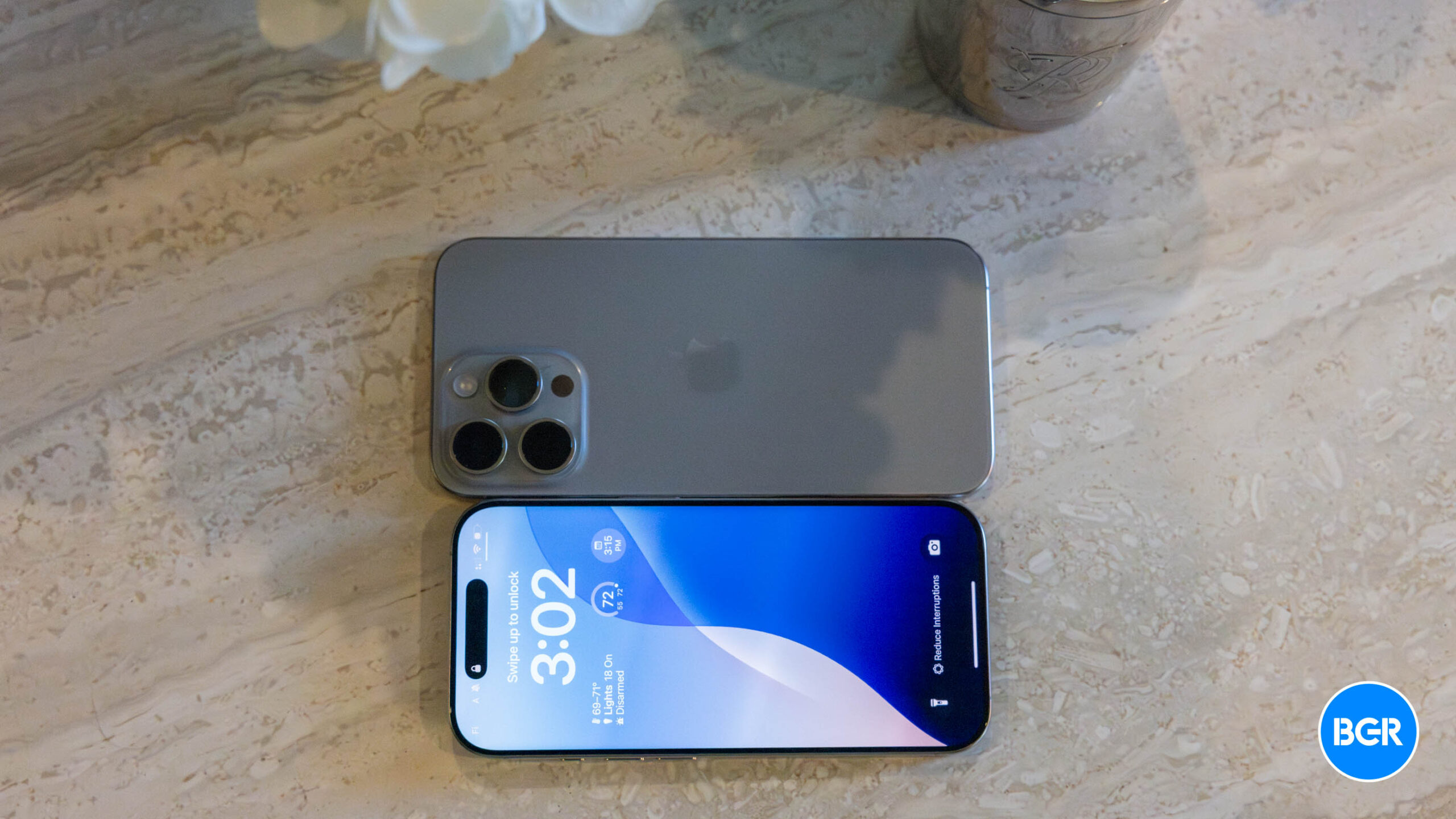I’ve been thinking about the iPhone 17 Air ever since I first saw rumors claiming that Apple would replace the Plus with an ultra-thin iPhone 17 model. I was already prepared to go non-Pro when it comes to new iPhones, and my two-month stint with the iPhone 16 Plus proved that I can use a non-Pro iPhone as my daily driver. Apple’s rumored iPhone 17 Air isn’t confirmed, but multiple reliable sources have said that it’s in the works. Apple is also reportedly struggling with some of the tech involved with making a phone that’s between 5mm and 6mm thin.
The battery is one of them, with a report saying that Apple engineers are “finding it hard to fit the battery and thermal materials into the device.” The implication here is that iPhone 17 Air battery life might have to suffer in order for Apple to pull off its new ultra-thin design.
I was already prepared to accept a battery compromise for the iPhone 17 Air. I don’t need the phone to last as long as the iPhone 16 Plus and 16 Pro Max. But I’m not worried about battery life, as I have several reasons to support my thinking.
M4 iPad Pro
The M4 iPad Pro, released before the iPhone 16 came out, proves that Apple has reached a point where it can make ultra-slim devices. The 2024 iPad Pro has a 5.1mm profile, but the battery life did not take a hit. The tablet will last just as long as its predecessor, which also has a thin profile.
That tells me that Apple has reached a point where it’s comfortable using thinner batteries without impacting a device’s battery life.
Apple’s A19 chip
The reason why the M4 iPad Pro’s battery life is so amazing concerns the tablet’s components. The M4 chip is a key development from Apple, and it’s the reason that a few important features are possible. Apple could use a tandem display in the iPad Pro because of the M4 chip. The processor’s efficiency is what makes battery life so good.
The M4 chip is also responsible for better battery life from the recenty launched MacBook Pros.
The iPhone 16 models all have larger battery packs than their predecessors. However, the A18 and A18 Pro chips are more efficient than the A16 and A17 Pro chips in the iPhone 15 series.
What I’m getting at is that the A19 chip Apple is developing for the iPhone 17 series should deliver even more battery gains. In turn, battery life should be at least as good on the iPhone 17 models as their predecessors, if not better.
The iPhone 17 Air doesn’t have a predecessor, but I’d expect Apple to want it to offer battery life at least on par with the base model, if not better. Aiming for iPhone Plus battery life is probably wishful thinking.
Snapdragon 8 Elite
This one is related to the expectation that the A19 chips will be more efficient but with a twist. The Snapdragon 8 Elite chip, which will power the Galaxy S25 phones and many other 2025 Android flagships, is already out. Some of the phones using Qualcomm’s new chip have surprised reviewers with monster battery gains.
That’s an incredible development for a chip that will also get a big performance boost over this year’s Snapdragon 8 Gen 3.

If Qualcomm can do that, I’d expect Apple to do the same (or better) with its 2025 chips.
Also, remember that Samsung is expected to unveil a Galaxy S25 Slim to compete against the iPhone 17 Air. That Galaxy S25 flavor should feature the same Snapdragon 8 Elite chip.
The display
Various reports claim that all iPhone 17 models will feature OLED panels that support Apple’s dynamic 120Hz refresh rate (120Hz). That’s another source of battery life gains, which should greatly benefit the iPhone 17 Air.
On that note, I will turn off the Always-On functionality available on ProMotion displays to further boost battery life.
iPhone 16 battery health
The iPhone 16 models have better battery life and better battery technology than their predecessors. Because battery health will depreciate slower, the iPhone 16 handsets will last longer before needing a battery replacement. You’ll get more cycles out of the iPhone 16 battery before the battery health drops under 80%.
I’d expect all iPhone 17 models to feature the same battery tech, if not better. As someone who usually keeps their iPhone for at least a couple of years, I hope the iPhone 17 Air’s battery health will not degrade significantly after a year of regular use.
Faster charging speeds
The iPhone 16 phones charge faster than their predecessors when using a MagSafe wireless charger. The official wired charging speed is technically similar to previous models. In practice, it’s been faster than that for years.

That’s one way to fix battery life problems. If the iPhone 17 Air struggles to survive a day of regular use, I’ll always have some sort of charger by my side. I’m even willing to consider power packs again if that’s what it takes to compensate for less-than-stellar battery life.
Next-gen battery tech
We’ve heard rumors for a while that Apple is investigating novel iPhone battery technologies that will allow it to increase the energy density of iPhone batteries without increasing the battery size.
Separately, Chinese smartphone vendors have been using silicon carbon batteries for a while. Some of them came up with incredibly thin foldable phones that make use of such batteries. Those phones are even thinner than 5mm when unfolded.
It’s too early to tell whether Apple will introduce any new battery tech for the iPhone 17 Air or whether it’ll be able to mass-produce enough thin batteries for this particular phone. But I’d expect Apple not to make a slim iPhone if it didn’t think it had the necessary tech, including battery innovations.
Apple’s new iPhone 17 Air design
The iPhone 17 Air is rumored to feature a 6.6-inch display. That’s larger than Apple’s 6.1-inch and 6.3-inch screens in the iPhone 16 and 16 Pro. But it’s smaller than the 6.7-inch and 6.9-inch displays of the iPhone 16 Plus and 16 Pro Max.
The 6.6-inch is one of the reasons I want the iPhone 17 Air. I’d love a phone with a larger screen but without the extra bulk.

I suspect Apple has settled on this particular screen size because of the battery. The company probably wants to ensure the phone can last for a full day. At the very least, that means matching the base iPhone 17’s battery.
But if the battery has to shrink to fit inside an up-to-6mm thin frame, then Apple has to increase its height and width. That’s the only way to obtain the kind of battery volume Apple needs.
Samsung did something similar when with the thinner Galaxy Z Fold SE. The foldable has larger displays, as Apple made the foldable slightly bigger than the thicker Galaxy Z Fold 6.
I’ll also remind you of rumors that the iPhone 17 Air might feature only one rear camera, which might not necessarily be placed in a corner. These might be design considerations related to the battery life. Apple will want to use as much of that internal volume as possible for the battery.
Conclusion
With all that in mind, I’m hopeful that the iPhone 17 Air battery life will not disappoint, even if that means having to charge the handset every night. The trade-off would be warranted if I get to use an ultra-thin iPhone with a large display.
And who knows? Maybe Apple will do the unthinkable and achieve amazing battery life with the iPhone 17 Air in spite of how thin it is.
